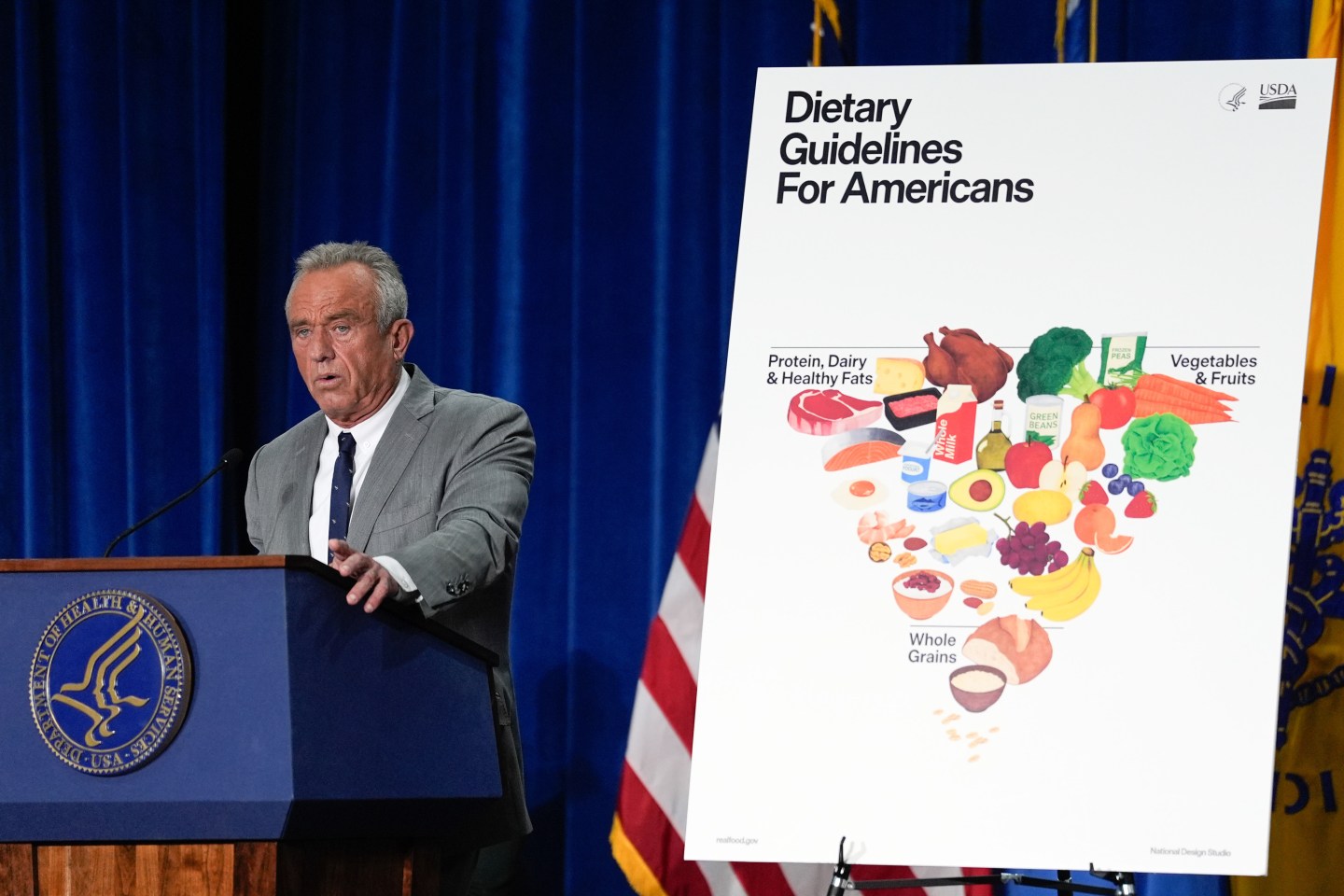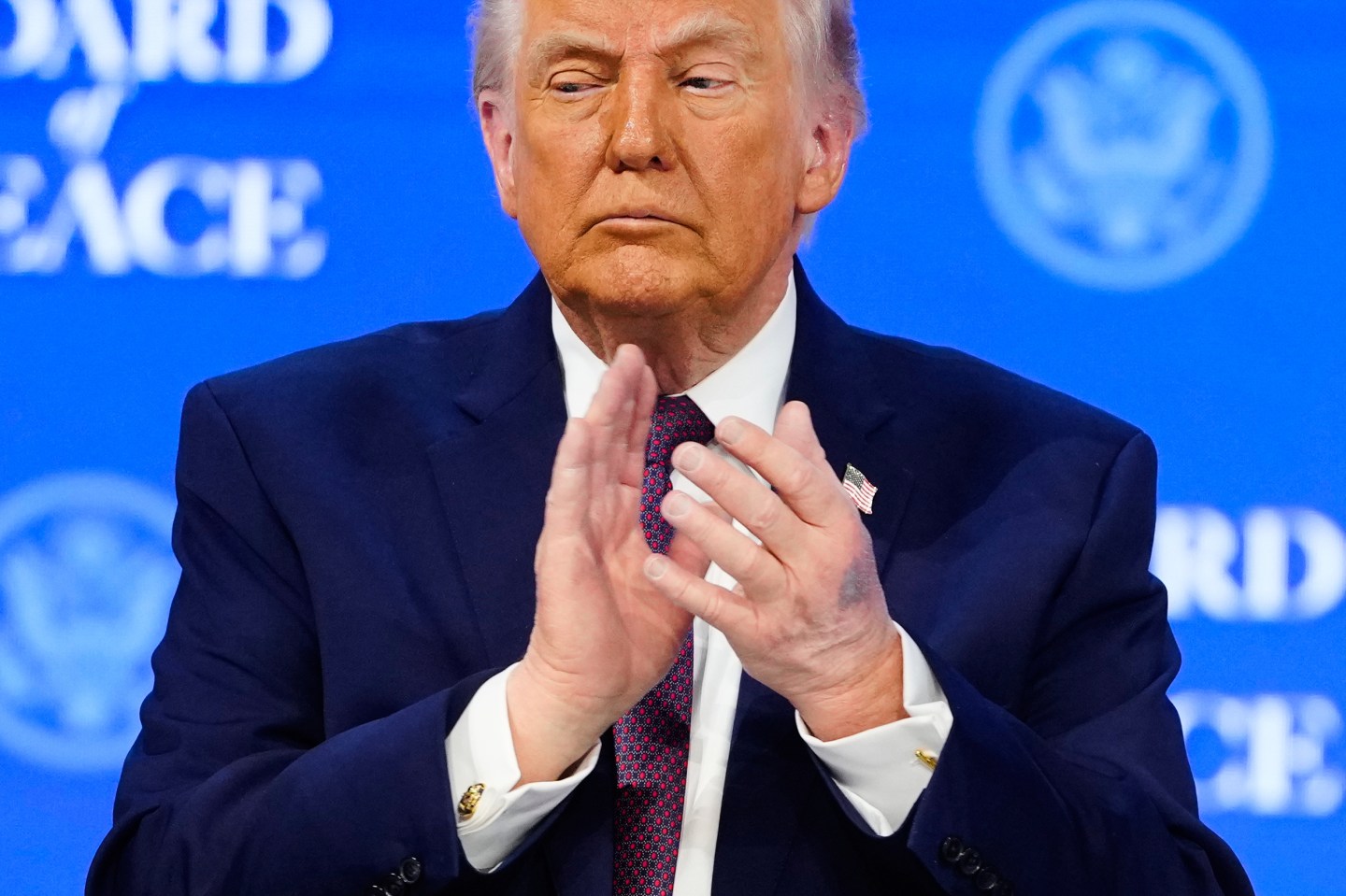UnitedHealth Group, America’s largest health insurer, will buy DaVita Medical Group and its nearly 300 doctor’s clinics across the country for $4.9 billion, the companies announced Wednesday. The deal comes mere days after retail pharmacy giant CVS announced its own deal to purchase Aetna, another one of the biggest health insurance companies in the country, highlighting an ongoing trend of cross-sector consolidation in health care.
UnitedHealth Group stock rose less than 1% in Wednesday trading while DaVita stock shot up more than 10% on the news.
UnitedHealth’s Optum unit, which manages pharmacy benefits and provides health services, is the specific UnitedHealth arm purchasing DaVita if cleared by regulators. The firm already has about 30,000 associated doctors in its network.
“Combining DaVita Medical Group and Optum advances our shared goal of supporting physicians in delivering exceptional patient care in innovative and efficient ways,” said Optum chief Larry C. Renfro in a statement.
Renfro’s characterization underscores how the business of providing health care has been transforming in recent years. Companies have been looking to other parts of the health care supply chain for M&As as the industry is experiencing shifting reimbursement models and political uncertainty over the future of major national health programs. Medicare may face reimbursement cuts under the proposed GOP tax plan. The CVS-Aetna deal, for example, combines a pharmacy, benefits manager, insurer, and retailer with health clinics into one entity where patients could go receive day-to-day care at a local store.
Critics say that while such deals are more diversified than horizontal mergers between two insurers or two hospital chains, diminishing choices could also prove risky for consumers. But the specter of untraditional players like Amazon into the health care space may also be driving these kinds of M&As as companies seek to pool their resources across the broader medical market.











